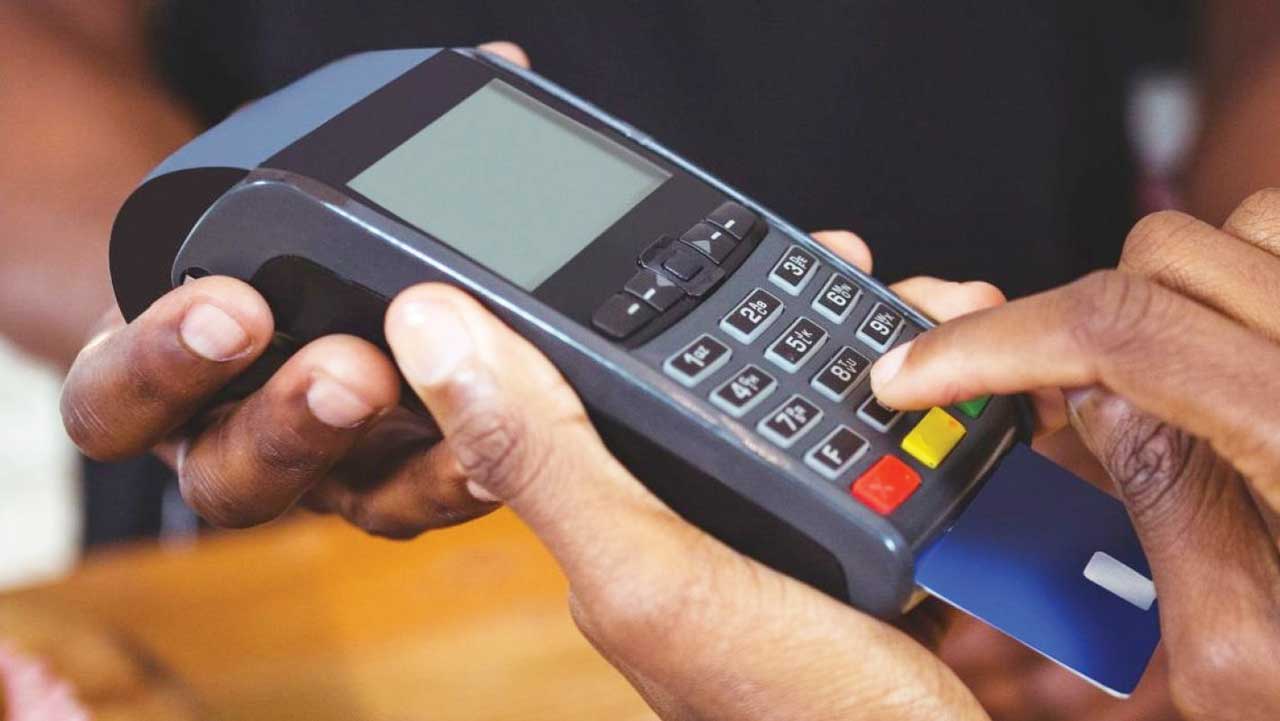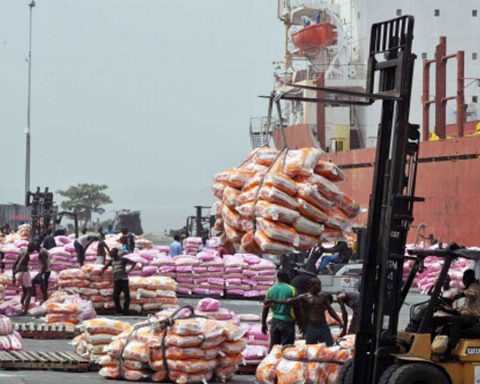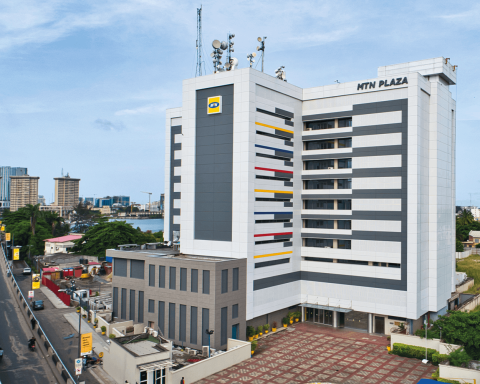The Central Bank of Nigeria (CBN)’s new rule requiring geotagging and geofencing of Point of Sale (PoS) terminals within a 10-meter radius aims to reduce fraud. However, there are significant challenges in implementing the policy.
The CBN on Monday, 25 August, issued a circular mandating all operators in the country’s payment ecosystem to complete their migration to the ISO 20022 global messaging standard and implement mandatory geo-tagging of payment terminals by 31 October 2025.
Join our WhatsApp ChannelThe apex bank emphasised that the mandatory geo-tagging of payment terminals is to improve oversight and reduce fraud in the electronic payments space.
The policy requires geo-tagging of all new and existing terminals with native geolocation services and double-frequency GPS receivers within 60 days (from 25 August 2025). It said compliance checks start on 20 October 2025.
The terminals are mandated to operate within a 10-meter radius of the registered business address and have a minimum operating system of Android OS v10.
Experts affirmed that geotagging would help in tracing transactions to exact locations, curbing “ghost” terminals, cloned devices, and fraudulent activities (such as ransom payments via PoS).
The rule for migration to the ISO 20022 messaging standard aims at enhancing data richness for fraud detection and cross-border interoperability.
Dr Obioha Oti, Acting National President, Association of Mobile Money and Bank Agents in Nigeria, said the new directive is a welcome development, affirming that it would help in curbing fraudulent activities associated with POS transactions.
According to him, “Geotagging means to pin a POS to a specific spot on the map.”
He said the essence of Geotagging a POS is to make it comply with a particular geo-fencing policy.
“The CBN is saying that no POS is expected to work outside 10 meters of the radius of the particular registered address of that POS,” Oti said in an interview on Channels Television’s Business Morning.
Oti explained what the policy means that if a POS device is moved 10 meters away from the registered location, “that POS will be deactivated. It is not going to work within that time that you are outside the particular location where the POS is specifically geotagged.”
He said operators will grapple with geotagging all POS devices, including inactive ones for them to comply with the CBN directives.
On the impact of the new directives, Oti said it is a good measure because operators have been grappling with challenges related to fraud, and criminals (including kidnappers) trying to cashout through POS.
“Geotagging is definitely going to help to reduce fraud and also curb criminality,” Oti said.
He, however, expressed concerns about the 60-day timeframe given for the implementation of the geotagging policy, stating that it is not going to be feasible.
He made reference to the naira redesign policy executed by the CBN between the last quarter of 2022 and early 2023 that caused disruptions and plunged the masses into hardship due to short deadline given for phasing out old currency notes.
“The Central Bank is on the right path, however, it needs to give some kind of timeframe for this to be achieved without necessarily causing unnecessary disruption within the market.”
Citing reasons why the operators need more time to comply with the CBN’s directive, Oti said about 40 per cent of POS devices in the system is not Android.
“What it means is that many of these POS machines have to be withdrawn from the system and replaced with the version that will comply with the geotagging policy of the central Bank,” he stated.
He said this involves a lot of resources to implement, even as many of the newly registered mobile money operators are still struggling to gain market share and break even.
Oti also noted that one of Nigeria’s problems has always been about implementation, not crafting a policy and stressed the need for diligent implementation.
He called on the CBN to adopt measures for the phased implementation of the geotagging policy.
While noting that geotagging of POS devices is a nice policy, he called for the exemption of some organisations, including transport companies that move from one location to another with POS, stressing that it would negatively affect their financial services.
On the impact of the Geotagging policy to the economy, Oti observed that it would help in driving financial inclusion by aiding in identifying areas that are still underserved for properly planning on how to reach those areas.
He said it will drastically reduce fraud, as the technology would serve as a disincentive to criminals when they begin to notice that law enforcement agents can competently locate where they use POS to commit fraud and apprehend them.
He concluded that if executed well, it could enhance trust in Nigeria’s payments ecosystem, but if rushed, may cause operational setbacks without fully eliminating fraud.
READ ALSO: CBN Gives Banks October 31 Deadline To Comply With Payment Messaging Standard
Also commenting on the new directive, Financial Analyst, Chika Mbonu, said POS came into Nigeria to drive financial inclusion, taking banking to all parts of the country, but has some shortcomings, including financial fraud.
Mbonu, who featured on the Arise News Global Business Report programme on Thursday, cited statistics of POS fraud across the country.
According to him, there were about 18,000 cases of POS fraud in the country in 2023.
He said more than 31 per cent of fraud in the banking system within the period occurred through POS transactions, leading to a loss of about ₦4.5 billion.
He said transactions done through POS have risen to almost ₦11 trillion. “That tells you the impact of that in the system now, and therefore, it is important that the Central Bank of Nigeria regulates the POS system,” Mbonu stated.
The financial analyst noted that what has been the major problem is tracing the transactions.
While acknowledging that there will be short-term inconveniences that would come with the implementation of the directive, CBN’s Mbonu expressed optimism that the long-term advantages would override it.
He said the new policy will help to prevent POS fraud and also make it easy to trace when it eventually occurs.













